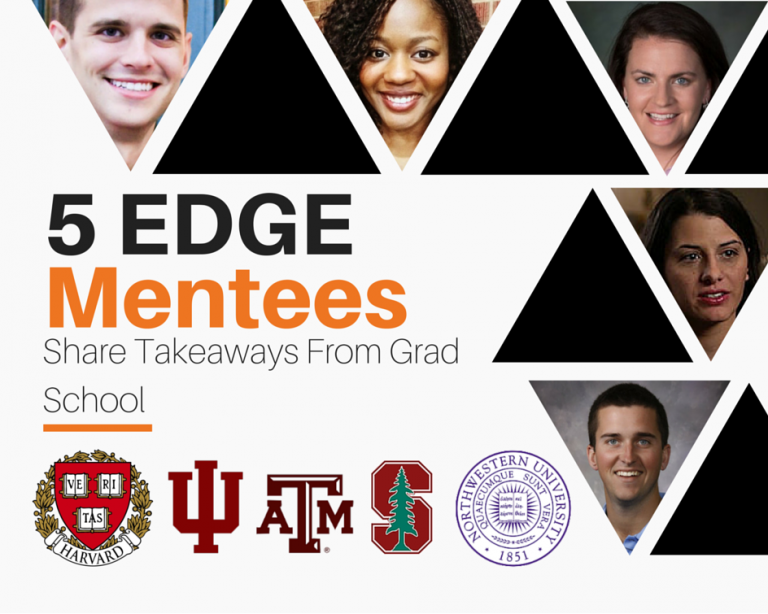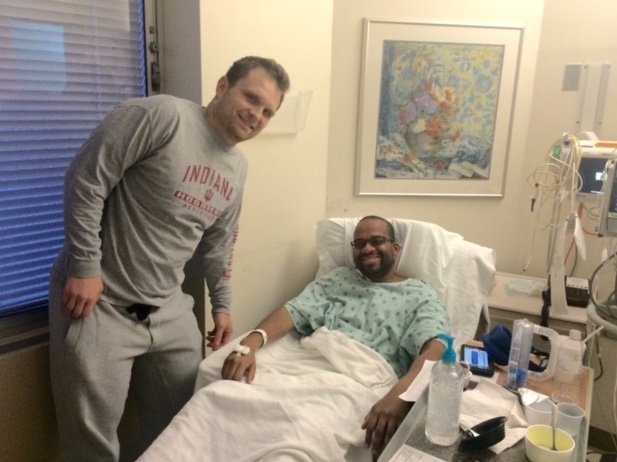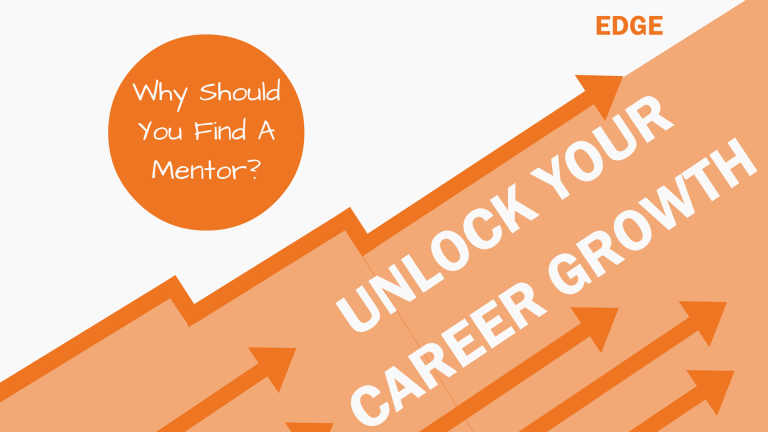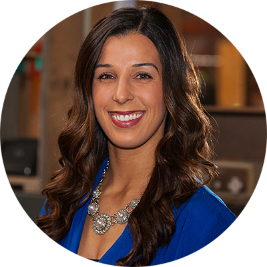How Mentors Help You Overcome The Snozzberry Effect
Today’s guest post is written by CJ Casciotta. CJ is the Founder & Executive Producer of Sounds Like A Movement, a community of movers, shakers, and makers. If you enjoy today’s post, be sure to check out the Sounds Like A Movement Podcast that features creative thought leaders like Seth Godin, Tony Hale, Elle Luna, and Switchfoot’s Jon Foreman.
When you’re in the business of creating new and interesting ideas, it’s extra hard to express those ideas because no one has done it before you, like you. I like to call this “The Snozzberry Effect.”
Remember that scene in Willy Wonka and the Chocolate Factory? Wonka is explaining a new candy invention and remarks “the snozzberries taste like snozzberries” when one of the kids interrupts and indignantly asks “who’s ever heard of a snozzberry?”
If you’re a creator or a maker you’ve come across that question your whole life. The writer, Rob Bell, says people doing really interesting work often walk with a limp. There’s a loneliness, a tension, a battle to overcome fear and objection.
I love how Wonka fires back. He looks the kid in the eye and quotes an old poem by Arthur O’Shaughnessy: “We are the music-makers and we are the dreamers of the dreams.”
This is the first reason why we all need mentors. We all need someone who can help us flesh out those notes and illustrate those visions, someone who can help us discover what we uniquely have to say to the world, what message we bring that makes it better than it was before we arrived.
The second reason we need mentors is because the more we lean into that vision the higher the likelihood we’ll be met with The Snozzberry Effect. We need someone who can believe in what we see when others can’t and can keep us on course when the course seems crazy, lonely, and foggy.
The best way to begin overcoming this tension is to remember your “why.”
What Is Your Ikigai?
About 800 miles south of Tokyo, lies the region of Okinawa. You might call Okinawa – “Why World.” National Geographic explorer, Dan Buettner, calls this region“ground zero for longevity” because the people who live there have the longest disability-free life expectancy in the world.
Okinawans don’t have a word for retirement. The closest language they have for a life fulfilled is a word called, “Ikigai” which roughly translated means, “the reason for why we get up in the morning.”
@@Anything that has longevity, sustainability, and promise has an Ikigai or a pronounced “why.”@@
Take Apple for example.
Apple wants to challenge the status quo by thinking differently. We don’t buy iPhones because it’s the most affordable option, we buy iPhones because they’re constantly challenging the way we thought phones worked in the first place. As customers, we want to belong to that movement of innovation.
It’s why Apple’s team gets up in the morning to blow all of our minds twice a year. It’s because each one of their employees is compelled by the chance to do something new and unique versus simply selling a piece of metal and glass.
Like Apple, who started out making computers but now creates phones, tablets, and a bunch of stuff we haven’t even seen yet, your “why” exists outside of whatever idea you have at the moment and serves as a compass for your work long-term.
Simply put, when people know “why” they do stuff, it helps them focus and belong when their circumstances (or their “what”) changes.
@@The best mentors in my life haven’t provided answers as much as they’ve asked me great questions.@@
These questions that ultimately point me back to why.
Why am I doing this? Why is this so important? Why does this decision matter?
Most of us assume we need to have the answers to make a difference in someone’s life when in reality, we just need to have the right questions presented to us at the right time.

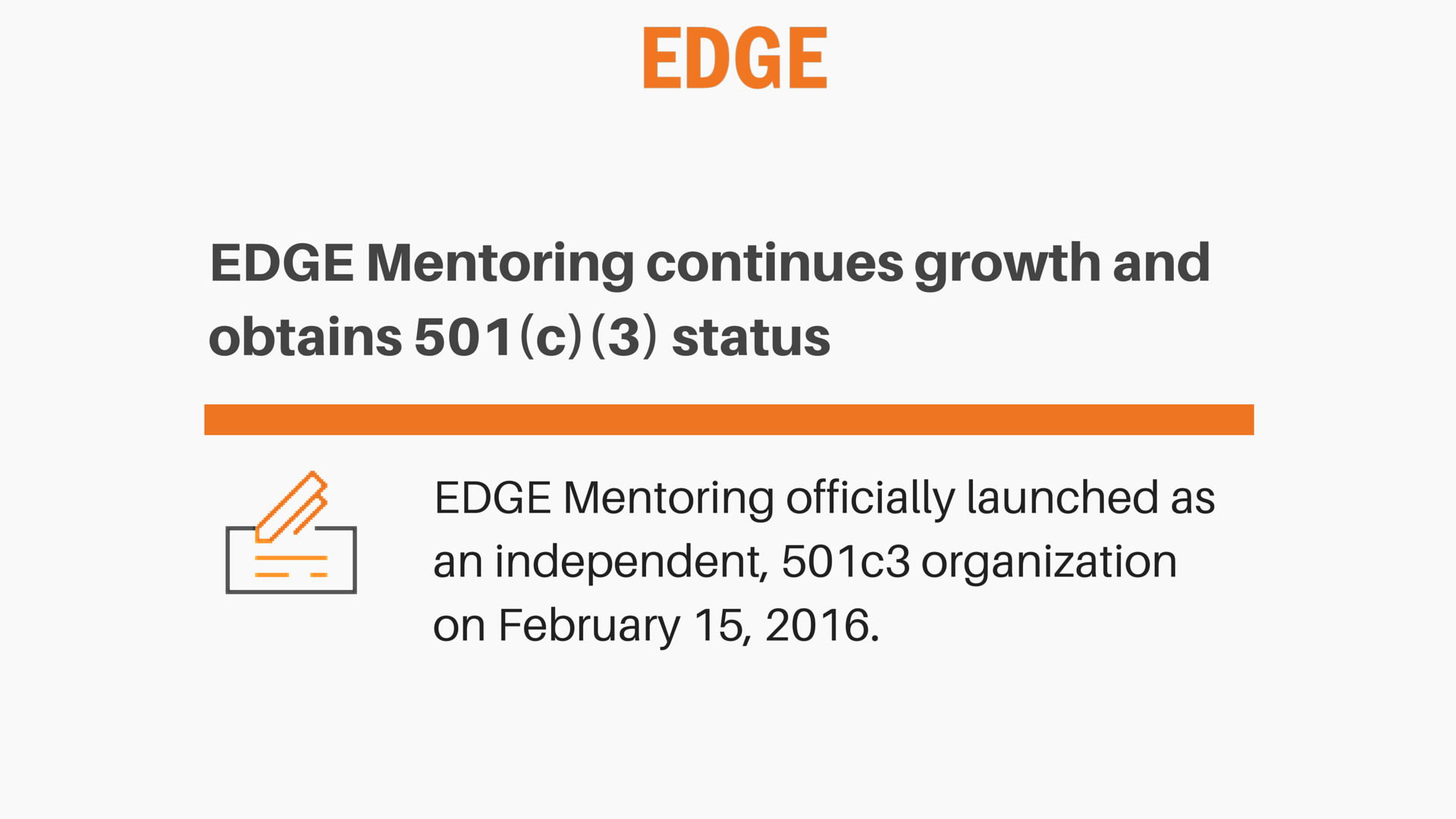
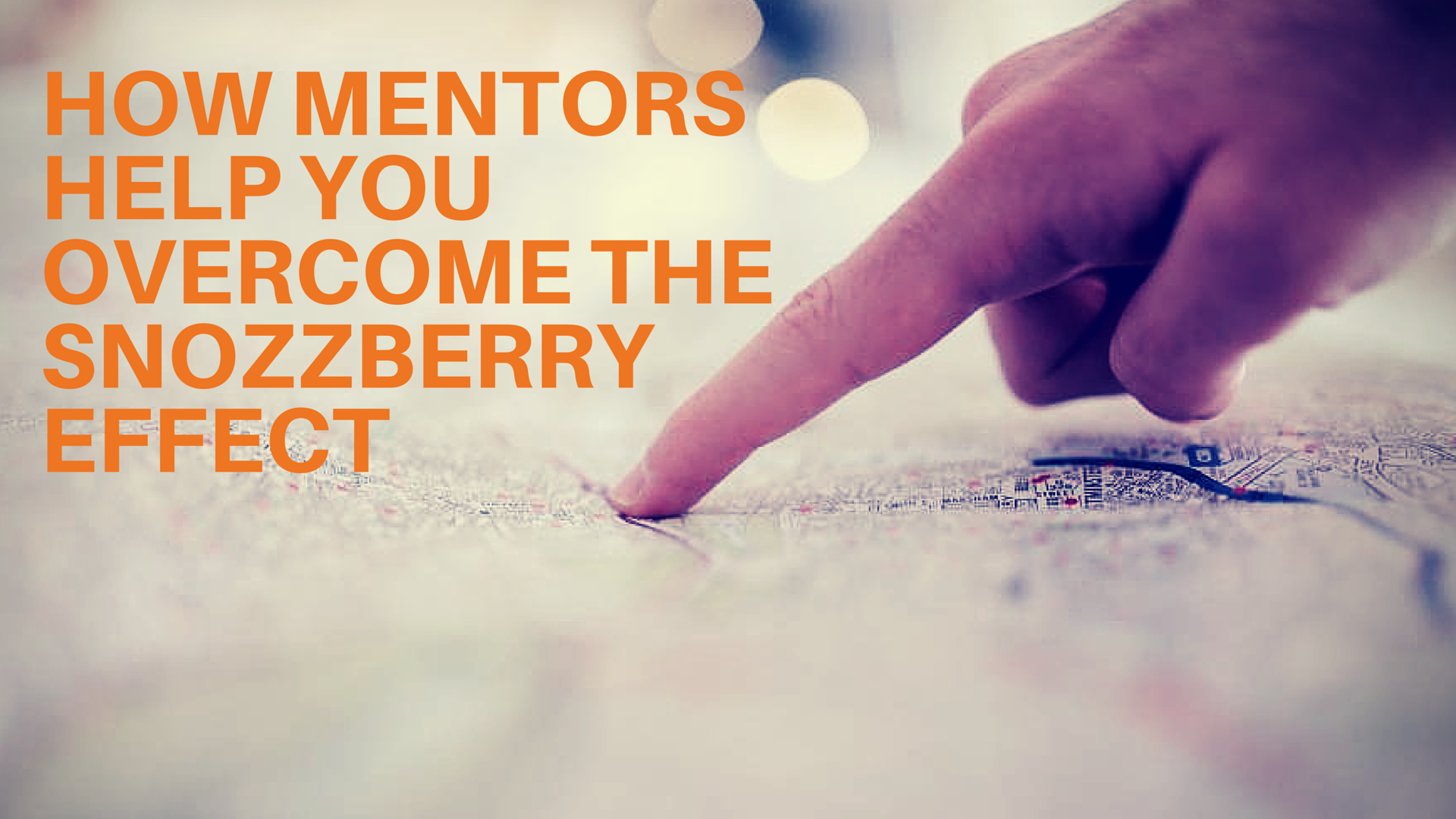
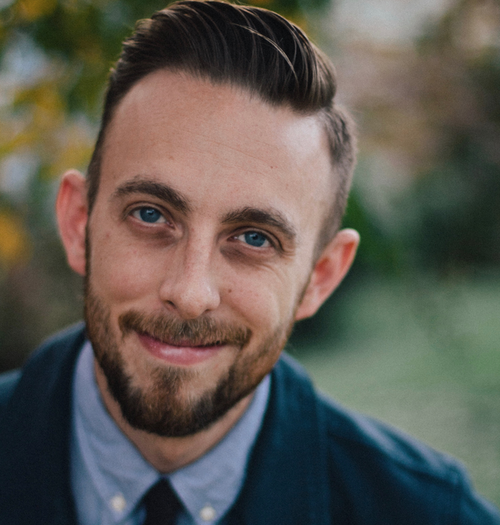
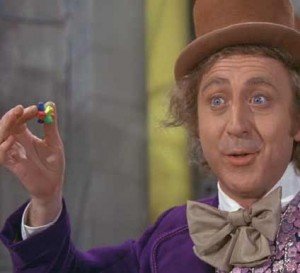
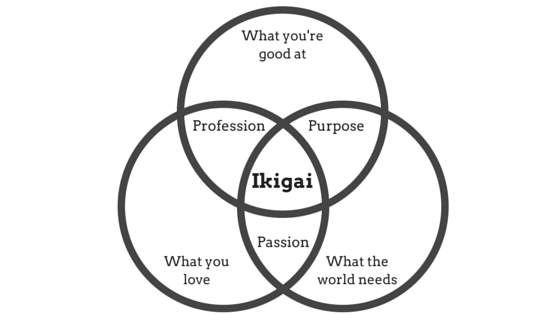

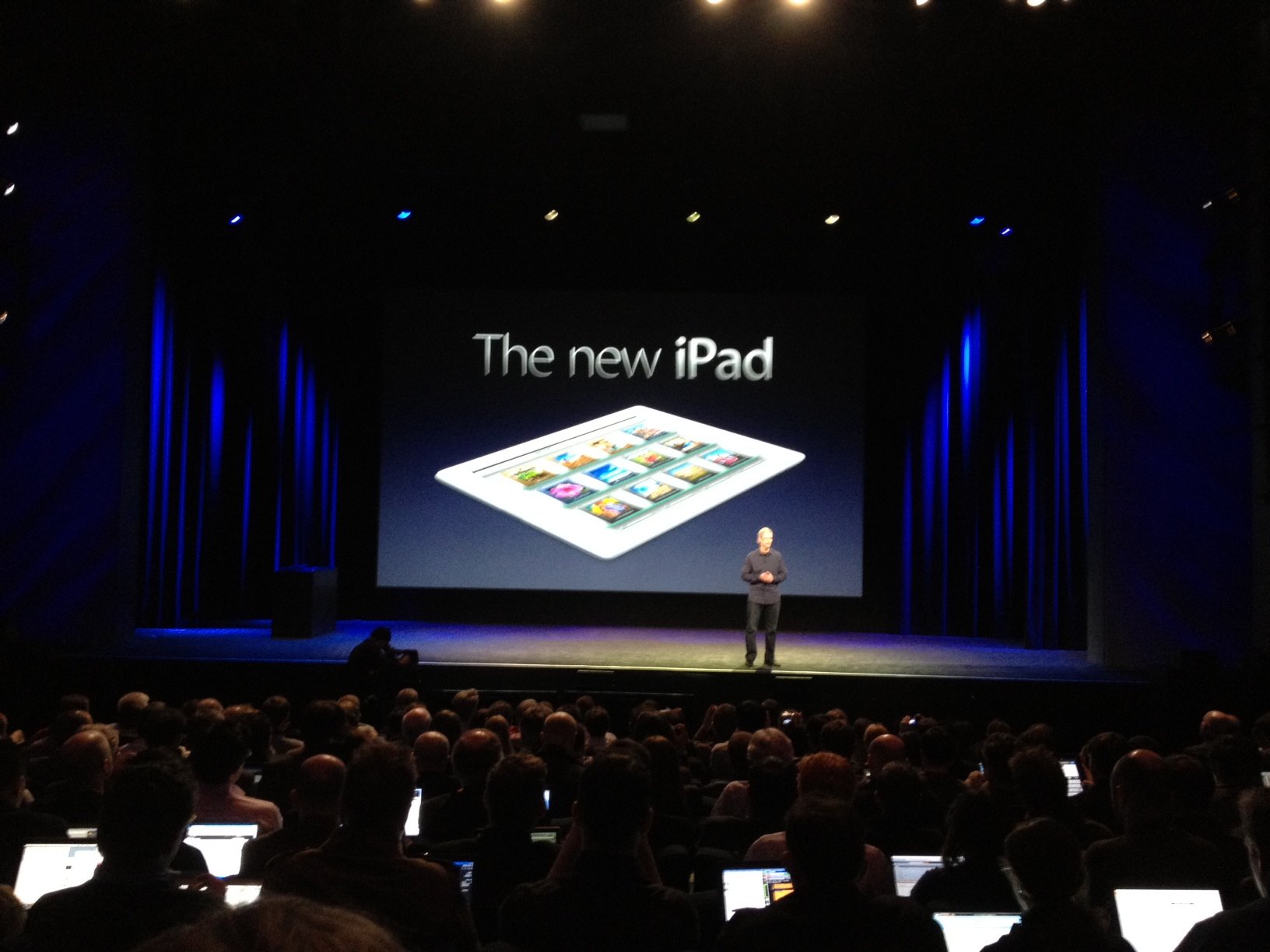
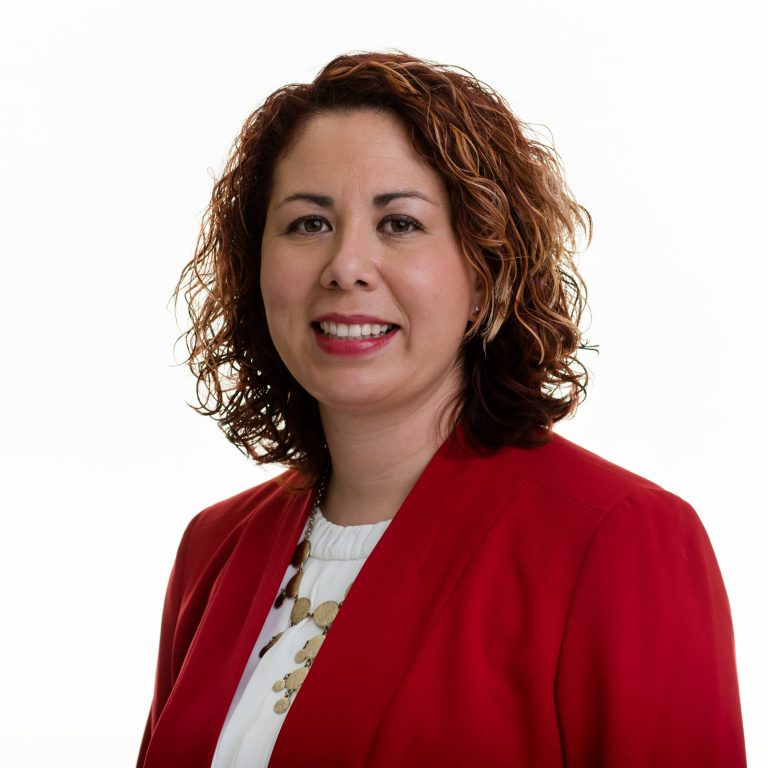
![[Audio] 3 African American Leaders Share Their Perspective On Race, Grace & Brokenness In America](https://edgementoring.org/wp-content/uploads/2016/07/EDGEWebinarRecording-768x190.png)
